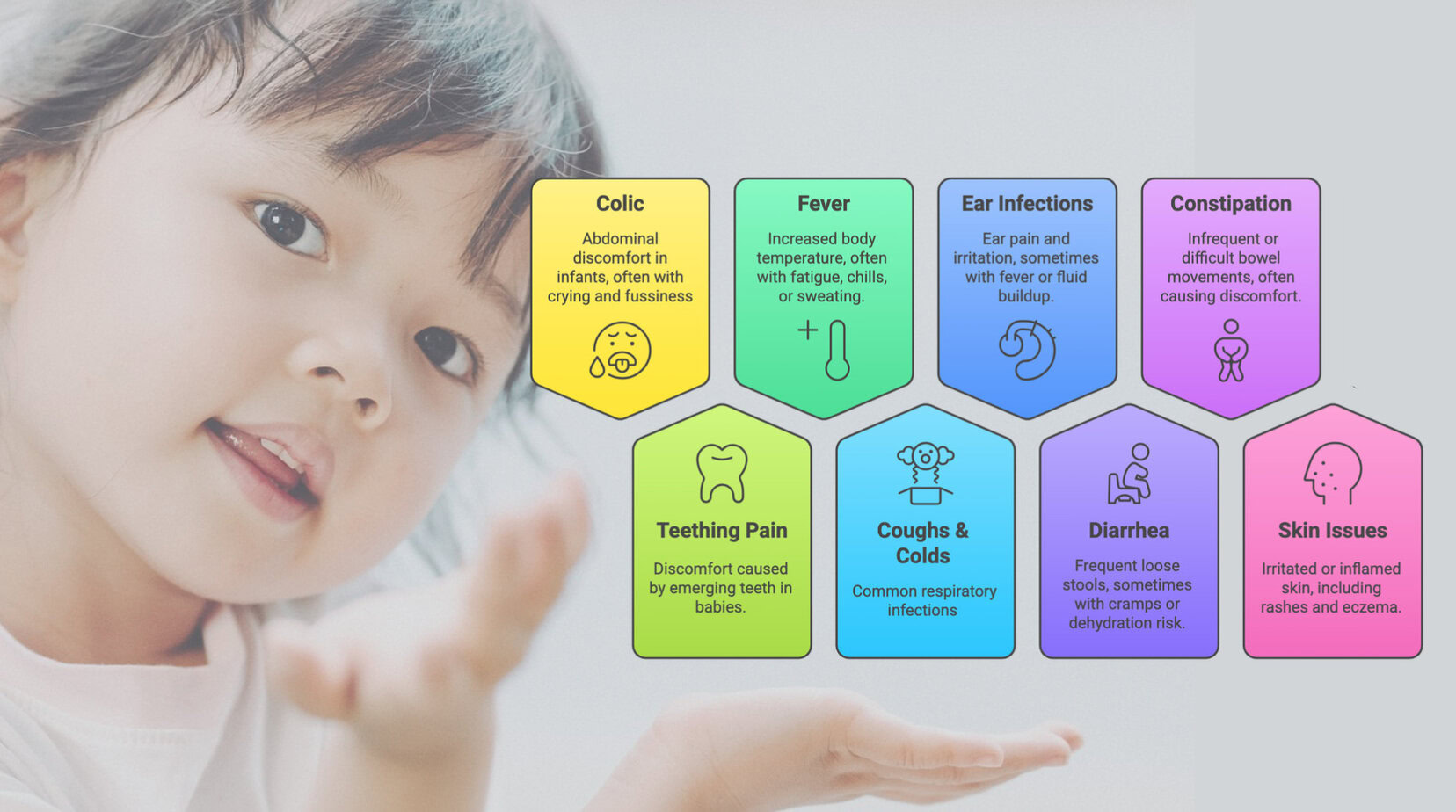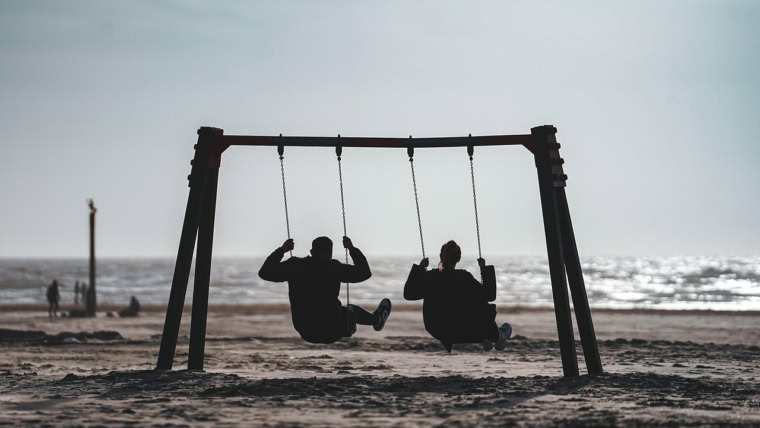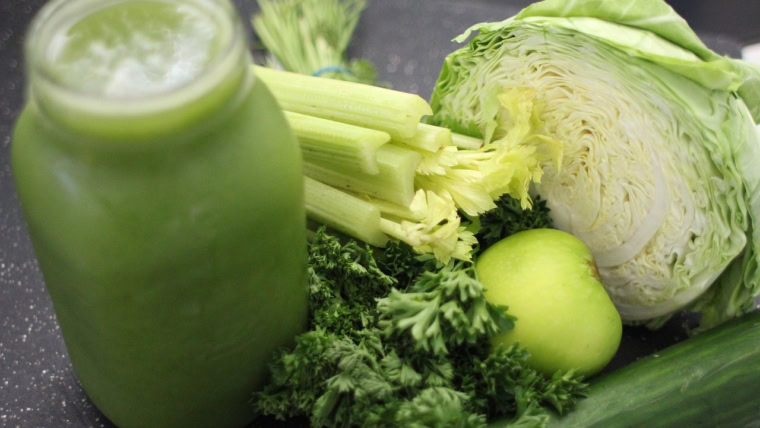When it comes to children’s health, many parents naturally seek gentle, safe, and effective treatments. Options that work in harmony with a child’s developing system and avoid unnecessary side effects. One such system, used by families and physicians around the world, is homeopathy.
Across Europe, India, Latin America, Mexico, Canada and parts of the U.S., homeopathy plays a significant role in managing both acute and chronic childhood conditions. It’s relied upon not just for colds and fevers, but also for allergies, skin issues, behavioral challenges, sleep disturbances, and more.
But beyond its popularity lies something even more valuable: homeopathy’s ability to support children holistically, strengthening their natural resilience and helping them heal on every level physical, emotional, and mental.
So what exactly is homeopathy, and how does it help children not just recover from illness, but grow healthier and more balanced as they develop?
What Is Homeopathy?
Homeopathy is a holistic system of medicine that uses natural, highly diluted substances to stimulate the body’s own healing response.
Rather than suppressing symptoms, homeopathy works with the body, helping restore balance gently and naturally. For children, whose systems are still developing and very responsive, this makes homeopathy especially powerful.
Why Homeopathy for Children?
Children are sensitive, impressionable, and rapidly changing, both physically and emotionally. This makes them ideal candidates for homeopathic treatment. Here’s why:
- Gentle and non-toxic: Homeopathic remedies are safe, with no risk of toxicity or addiction.
- Works with the child’s natural vitality: Instead of fighting the illness, remedies support the body’s own capacity to heal.
- Effective in both acute and chronic conditions: From a sudden earache to long-term eczema or asthma, homeopathy has a broad range of application.
- Supports emotional and behavioral balance: Remedies can help with fears, tantrums, anxiety, attention issues, sleep disturbances, and more, often by gently addressing underlying patterns.
Common Childhood Conditions Treated with Homeopathy
Here are just a few of the conditions where homeopathy has shown real value:
Acute Illnesses:
- Colds, flu, sore throat
- Ear infections
- Teething pain
- Fevers
- Stomach bugs or food poisoning
- Injuries, bumps, bruises
Chronic Conditions:
- Asthma, allergies
- Eczema, dermatitis
- Recurrent infections (ear, throat, chest)
- Behavioral challenges (ADHD, anxiety, sleep issues)
- Digestive troubles
- Bedwetting
Many people have heard of remedies like Chamomilla (for teething), Belladonna (for high fevers), or Pulsatilla (for weepy colds or clingy moods). These names have become familiar, and it’s true that they can work beautifully, when the child matches the overall picture of the remedy.
But here’s where a common misunderstanding arises:
People often treat homeopathy like conventional medicine, matching a remedy to a symptom, as if one equals the other. This can lead to a very mechanical, automatic approach, for example, “Chamomilla is the teething remedy,” or “Belladonna is the fever remedy.”
In reality, homeopathy doesn’t work like that.
There are dozens of possible remedies for teething pain, just as there are many for fever, coughs, or earaches. What matters isn’t the name of the condition, but how the child expresses it:
- Are they angry, restless, and screaming?
- Are they droopy, tearful, and wanting to be held?
- Do they improve with motion? With cold drinks? In the evening?
These details, known as the modalities and characteristics, help a homeopath choose the right remedy for this child at this moment.
So while it’s understandable that parents look for a quick match (“What’s the best remedy for earache?”), true homeopathy is individualized. It requires looking at the child as a whole, not just their symptoms in isolation.
Yes, sometimes even an “off-the-shelf” remedy work, because children respond quickly and deeply. But to get consistent, long-term, and transformational results, the remedy needs to be matched to the child, not just the illness.
A Truly Individualized Approach
One of the most important things to understand is that homeopathy doesn’t treat diseases, it treats individuals. Two children with asthma might receive two completely different remedies, based on how their symptoms show up, how they respond emotionally, and even what makes them feel better or worse.
This is especially powerful in pediatrics, because many childhood issues are not just physical. Emotional, developmental, and behavioral aspects are all part of the healing picture, and homeopathy takes it all into account.
What Science and Experience Say
While some still view homeopathy with skepticism, it’s worth noting:
- Homeopathy is used by hundreds of millions of people worldwide.
- In countries like India and Mexico, it’s part of the national healthcare system.
- In Switzerland, the government conducted one of the most thorough and extensive reviews of homeopathy ever, combining clinical evidence, real-world effectiveness, safety, and cost-efficiency. Based on this, homeopathy was officially included in public health insurance coverage, recognizing its value and scientific credibility.
- Clinical research continues to grow, with studies showing benefit in conditions like ear infections, ADHD, and eczema, often with fewer relapses and less antibiotic use.
- Many families report fewer infections, stronger immunity, and improved emotional balance when using homeopathy regularly.
How to Start: What Parents Should Know
- Work with a qualified homeopath. While some basic remedies can be learned for home use, chronic or complex issues deserve professional care.
- Be patient. Homeopathy works deeply, especially for long-lasting chronic conditions, and true healing takes time.
- Observe your child carefully. A homeopath relies on detailed information about symptoms, behaviors, and emotional patterns.
- Trust the process. Homeopathy does show quick symptom relief, but it’s about long-term balance and resilience.
In a world where children are often over-medicated or treated with a one-size-fits-all approach, homeopathy offers something different, a system of medicine that sees each child as a unique being, worthy of individual care and understanding.
Whether for a passing fever or a long-standing issue, homeopathy can help children not just get through illness, but emerge stronger, healthier, and more in tune with their natural vitality.
In short? It’s gentle, powerful support, perfectly suited for our most precious little ones.



